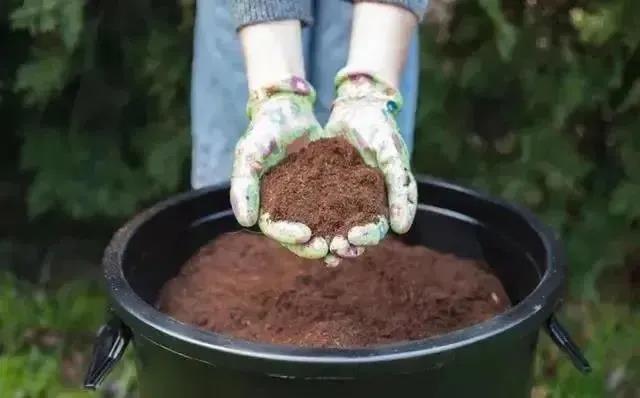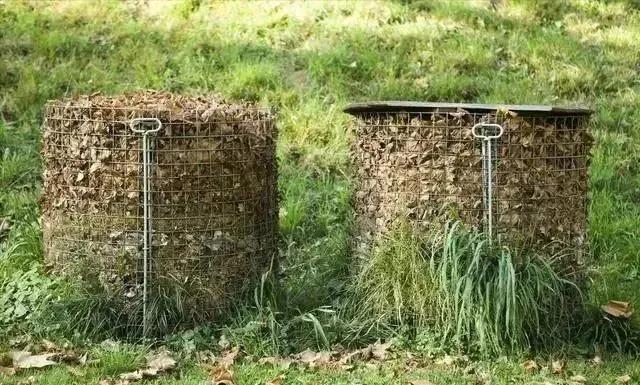
- Home
- |
- Plastic Recycling
- |
- Don’t get confused! Biodegradable ≠ compostable ≠ natural degradation!
Don’t get confused! Biodegradable ≠ compostable ≠ natural degradation!
- Updated on May 17, 2024
"Biodegradable" and "compostable" are not the same concept, and are more different from the concept of naturally degradable plastics. Each of the three has its own advantages and disadvantages. This article will give you a clearer understanding of the differences between the three.
What is "biodegradable"?
Biodegradable refers to any substance that can be decomposed by microorganisms (such as bacteria and fungi) and absorbed into the natural environment. Biodegradation is a naturally occurring process.
When an object decomposes, its original components are broken down into simple components, such as biomass, carbon dioxide, and water. This process can be carried out in the presence or absence of oxygen, but it takes less time if there is oxygen, just like a pile of leaves in your yard decomposes in a season.
How long the biodegradation takes depends on the chemical composition and storage method of the object. Variables such as temperature, water, light and oxygen affect the degradation rate. Most landfills lack sunlight, air, and moisture, so the biodegradation process is significantly slowed down.
Vegetable skins, egg shells, paper and garden waste can all be directly biodegraded. When these items are discarded, they decompose in a relatively short time, so they can be absorbed into the natural environment.
In contrast, materials such as foam, plastic, and aluminum are generally considered non-biodegradable because they take a long time to decompose.
Figuring out whether an object is truly biodegradable can be a challenge, especially when you are evaluating objects that are not normally made of biodegradable materials, such as mobile phone cases or handbags. So, if you want to determine whether something is biodegradable, check the packaging, don’t hesitate to contact the manufacturer for inquiries.
In other words, most "biodegradable" consumer products are actually difficult to absorb into the soil through natural biodegradation. In order to achieve biodegradation, they need to create a set of specific conditions through the composting process.
What is "compostable degradable"?
The term "compostable" refers to a product or material that can be biodegraded in a specific, human-driven environment. Unlike the completely natural biodegradation process, composting requires human intervention.
In the composting process, microorganisms decompose organic matter with the help of humans, and humans provide the water, oxygen and organic matter needed to optimize the conditions. The composting process usually takes several months or 1-3 years. Time is affected by variables such as oxygen, water, light, and the type of composting environment. There are two main types of compost:
Residential composting: Residential composting involves collecting food residues in trash bins or piles, mixing them with yard waste, and regularly decomposing them into more basic organic matter. For this reason, you cannot break down things like meat, cheese, and fish in a residential trash can because it does not generate enough heat at all.
Commercial composting: Commercial composting includes screening and sorting organic and inorganic materials, using chippers and grinders to decompose them, and creating optimal humidity, temperature and oxygen conditions. Therefore, commercial composting machines can decompose products that are more complex than household composting machines.

Biodegradable and compostable plastic
If you recently purchased a mobile phone case, travel mug, or reusable shopping bag, you may have encountered biodegradable and compostable plastics, also known as bioplastics.
Many restaurants have even begun to use bioplastics to make take-out containers, tableware and cups. These things are usually made of materials such as corn starch, cellulose, and soybeans. After proper composting, they will decompose into non-toxic carbon dioxide, biomass and water.
However, just because plastic is biodegradable or compostable does not mean that it will decompose under any circumstances.
Disadvantages of biodegradable and compostable plastics
- Bioplastics that can only be degraded by composting require industrial composting to obtain sustained high temperatures. If only in household compost piles or landfills, they still take a long time to decompose.
- Bioplastics that can only be degraded by composting cannot solve the problem of marine plastic pollution because they cannot be rapidly biodegraded under ocean conditions.
- Bioplastics cannot be mixed with recyclable plastics, they must be recycled in different sub-streams. The most important point is that industrial compost plastic cannot be degraded naturally and cannot be recycled and reused together with traditional plastic products. Therefore, most of the industrial compost plastic products are sent to landfills or incinerated after use. Therefore, industrial composting plastic is a product that wastes resources and is not good for the environment.
Leave us a comment below for a further discussion or contact us for further clarification.









